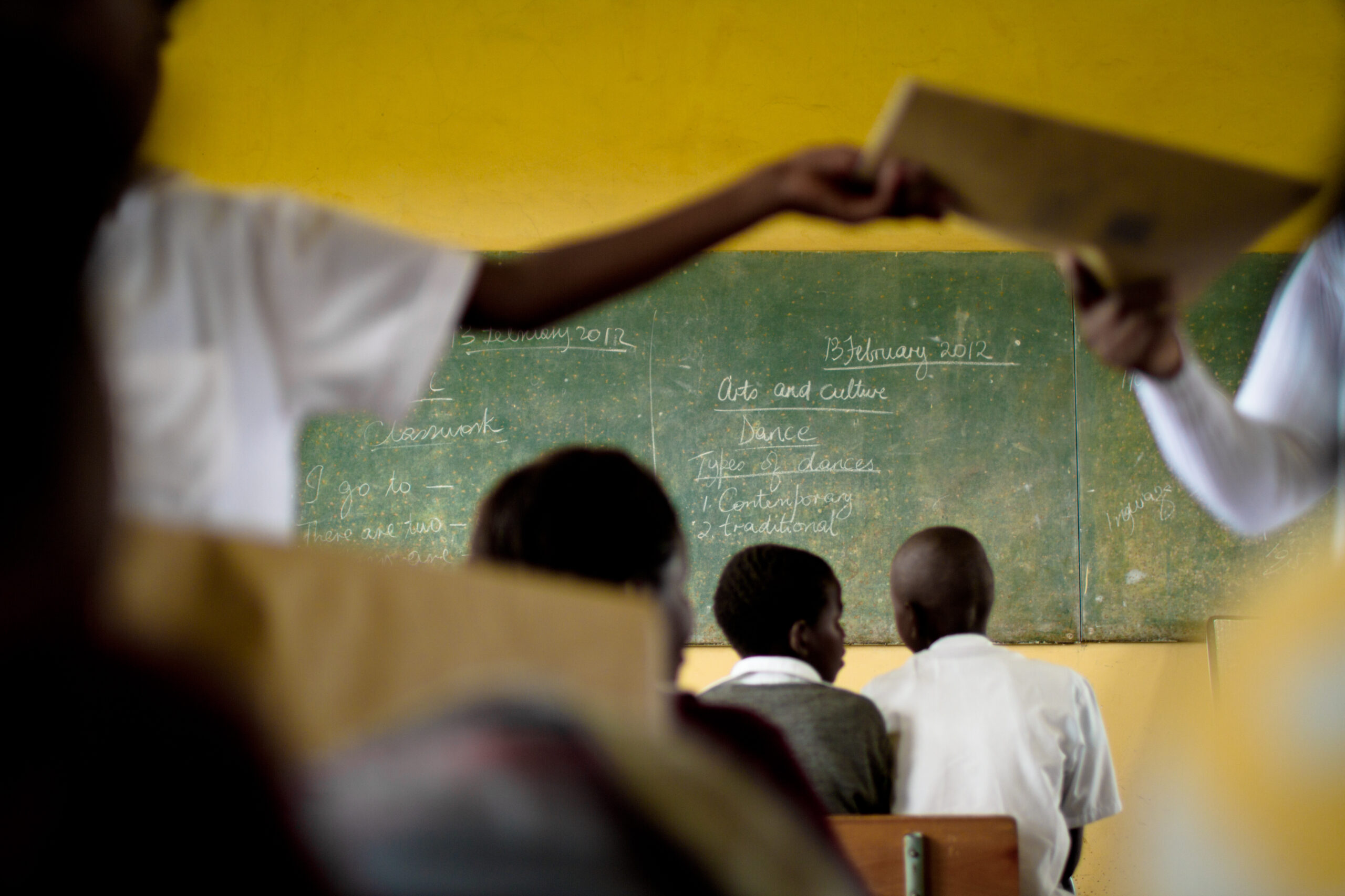Areas of work
We build connections, knowledge and new ways to improve the mental health and wellbeing of children, youth and families in adversity.
Adolescents and youth
Young people know their challenges best and are motivated to address them with their unique perspectives on localization, relevance, and diversity. Unfortunately, many humanitarian and development efforts overlook their input, failing to genuinely involve them without tokenism or manipulation.


Climate and ecological crisis
The climate crisis poses an unprecedented threat to our planet. It impacts ecosystems, weather patterns and the security and way of life of communities worldwide. Beyond the environmental implications of the climate crisis, it has far-reaching impacts on mental health and psychosocial wellbeing of individuals and families, including mental disorders, emotional resilience and social cohesion.
Childhood and education
Children and adolescents exposed to violence and conflict need nurturing and healing learning environments to recover, learn, and reach their full potential. Together with local partners, regional authorities, and international actors, we integrate MHPSS into education and livelihood skills programs in humanitarian settings in innovative ways.


Emerging challenges
In an everchanging world, we scan the horizon and build strategic partnerships, innovative approaches and anticipatory action planning, to address emerging and critical challenges to child, youth and family mental health and wellbeing in fragile and humanitarian settings
Research
Children and adolescents exposed to violence and conflict need nurturing and healing learning environments to recover, learn, and reach their full potential. Together with local partners, regional authorities, and international actors, we integrate MHPSS into education and livelihood skills programs in humanitarian settings in innovative ways.
